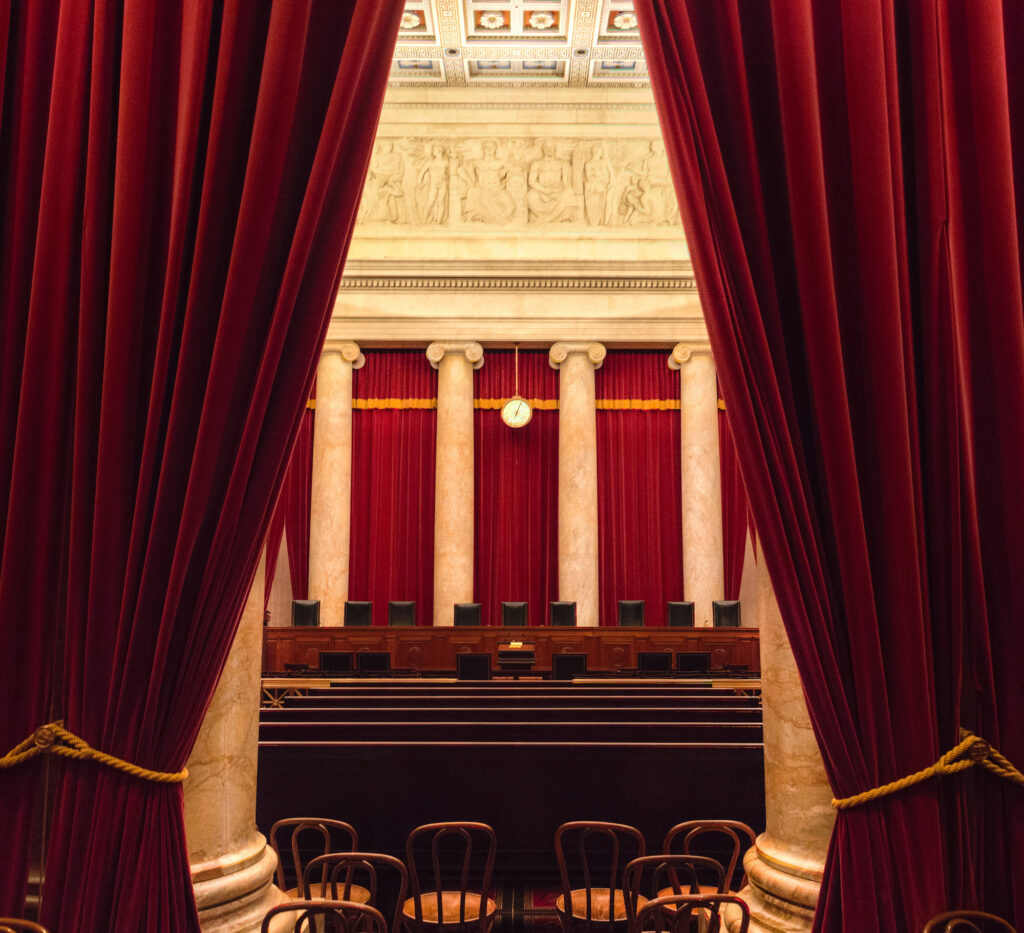You probably have heard of class action lawsuits, right? Class actions were meant to be an exception to a rule that hurt parties must make their claims in courts individually and that only the parties named in lawsuits may be eligible for the award. While that principle remains the general law, more and more often we see class actions being used to allow an attorney and their hand-picked named plaintiff to assert in one lawsuit the claims of a loosely defined group of unnamed individuals without their prior knowledge or consent. This unfortunately all-too-common practice is known as an opt-out class action lawsuit.
As more fully explained in recent ILR research, for a class action seeking monetary damages and certified under Rule 23(b)(3) of the Federal Rules of Civil Procedure, class members do not affirmatively “opt-in” to the action. Instead, if a court decides to certify a matter for class treatment, the class members who do not wish to participate in the lawsuit must take affirmative steps to remove themselves from the class upon receiving notice—i.e., they must “opt-out” by providing notice to the court that they decline to participate. Once a particular period of time has passed, all individuals who have not opted-out are considered to be part of the class action and the court is able to adjudicate their claims despite their absence.
Some class actions are so large that it is close to impossible to easily notify all the individuals potentially in the class. One of the largest opt-out class action lawsuits was Schlesinger v. Ticketmaster. In 2003, the Schlesinger v. Ticketmaster class action lawsuit alleged that Ticketmaster did not fully disclose all aspects of its UPS and order processing fees to consumers. It was estimated that around 50 million fans in the U.S. who purchased tickets via the Ticketmaster website between October 21, 1999 and February 27, 2013 as well as paid an order-processing fee would be eligible for the settlement.
One reason a person might choose to opt-out of a class action lawsuit is that they may have no interest in the lawsuit or they actually object to it proceeding. Once a person elects to opt-out, the class action will likely proceed without them, and they will no longer be able to claim a part of the settlement or award or otherwise be bound by the outcome of the case.
Unfortunately, class members rarely see any type of real benefit from the cases in which they are part. The lawsuit system more often benefits the plaintiffs’ lawyers who rack up large legal fee awards by filing numerous class actions where the best interest of the class members go overlooked or adding class members to cases where no real harm has occurred. This is all to gain a profit.
In a previous blog, What is a Class Action Lawsuit?, we highlighted a 2015 Consumer Financial Protection Bureau (CFPB) study that found only 13% of resolved class action lawsuits resulted in some type of benefit to class members. Even when class members do receive compensation, it’s usually a small-dollar amount. The same study found that the average award to consumers is just $32 through class action lawsuits, while plaintiffs’ lawyers take home nearly $1 million on average.
The ILR research titled, Unfair, Inefficient, Unpredictable: Class Action Flaws and the Road to Reform, explains that class actions benefit attorneys and not consumers and that there is low participation among the class. This means that people rarely file a claim to get money. The research states, “[t]he Federal Trade Commission conducted a similar study in 2019 and found that even when class members were provided direct notice of the settlement—i.e., they were informed by mail, email, or otherwise that they could submit a claim—the overwhelming majority of class members (more than 90%) chose not to submit a claim for relief. Even prominent plaintiffs’ lawyers have had to concede that “the percentage of class members who submit claims and receive any money has been embarrassingly low—often 1%-2%.”
Looking back at the case of Schlesinger v. Ticketmaster, many of those class members were unable to claim their free tickets with the vouchers provided by Ticketmaster. A New York Times article explains, “based on how quickly the first $5 million (of vouchers) was given away, and how many complaints there have been about vouchers not working … [t]he odds are a lot of people will never get the chance to claim their free tickets.”
Class actions are supposed to increase access to justice for those who have experienced real harm, but in reality, class actions are often an inefficient and unjust mechanism because the actual winners in class actions are the plaintiffs’ lawyers who are paid generously, while little benefit is provided to the absent class members. While the opt-out system allows an individual to be notified, the main issue with it is that a person is automatically enrolled in a lawsuit where many times no harm has been done or even whether or not they actually care about the case. Not to mention, who has the time to figure out if they are being included in the class and then jump through the hoops to opt-out? The class action system does not help people get justice, it is just a way to increase claims so plaintiffs’ lawyers can get more money.
To learn more about class actions, check out our research report, Unfair, Inefficient, Unpredictable: Class Action Flaws and the Road to Reform


